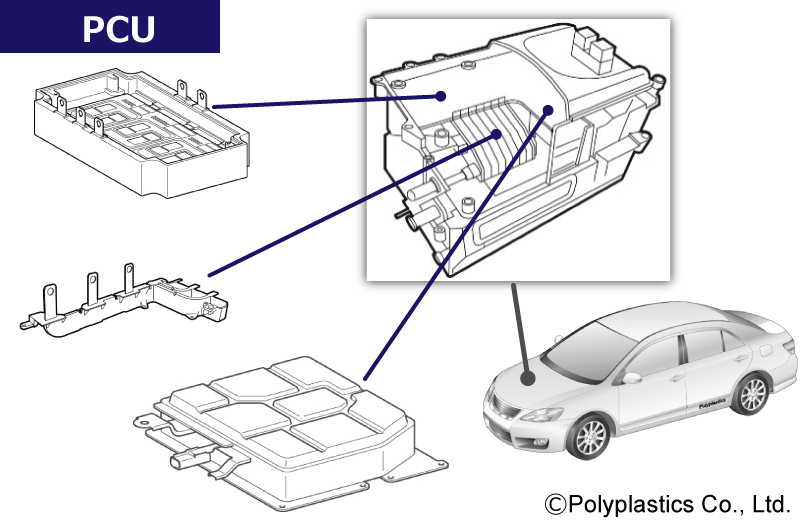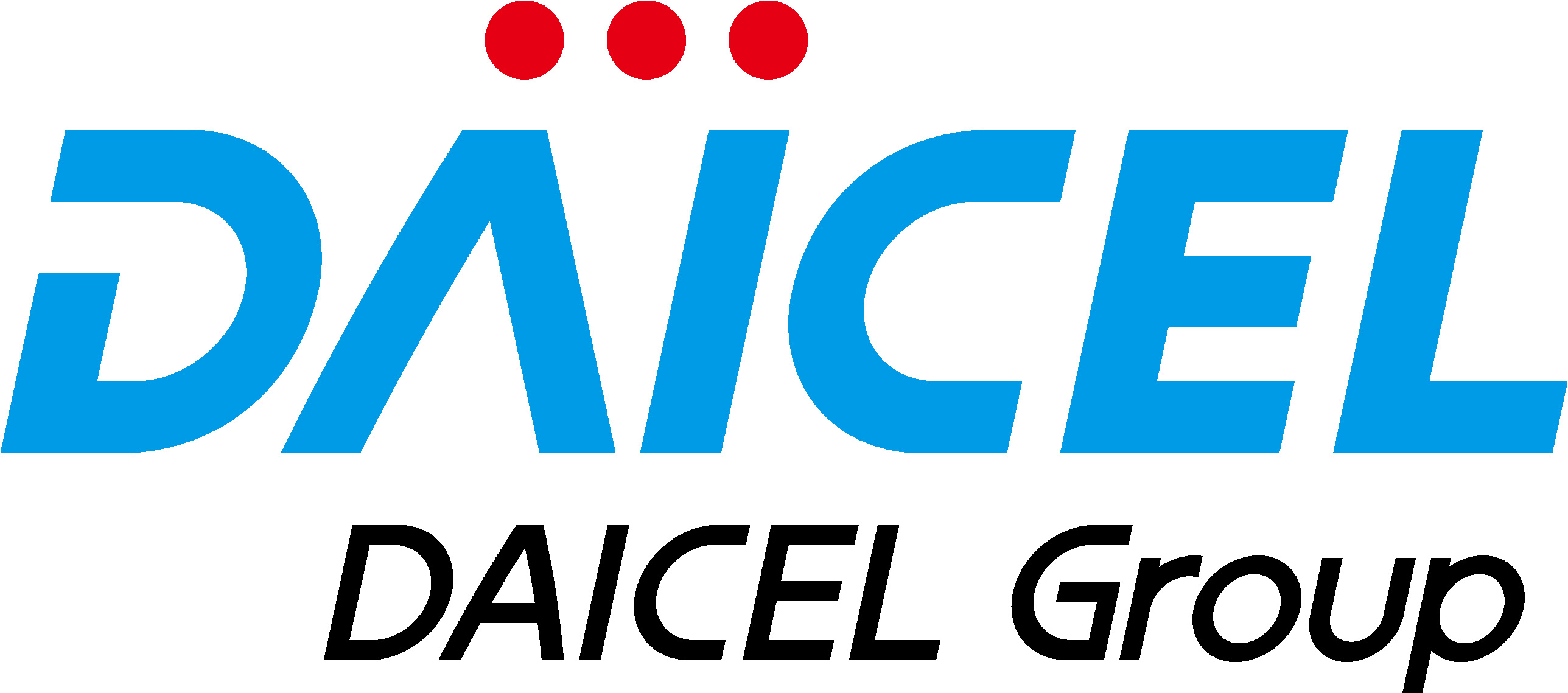News
2024
Polyplastics Launches New Glass-Filled PPS Grade with Improved Thermal Shock Resistance
Polyplastics
Polyplastics, a global leader in engineering plastics, has announced the launch of a next-generation polyphenylene sulfide (PPS) grade that boasts significantly improved thermal shock resistance and can be easily recycled during post-consumer recycling (PCR) without sorting. DURAFIDEⓇ PPS 1140HS6, a 40% glass-filled grade, meets the requirements for metal insert molding, particularly busbars for electric vehicles (xEVs).

DURAFIDEⓇ PPS 1140HS6 can be easily collected without being separated from other PPS components during recycling. Polyplastics has employed a material design technique to ensure thermal shock resistance by minimizing residual strain during molding and homogenizing linear expansion to mitigate internal stress. As a result, thermal shock resistance has been improved while retaining mechanical and other essential properties.
DURAFIDEⓇ PPS 1140HS6 eliminates molding imperfections and enhances performance without the need for impact modifiers in xEV busbar applications. Insert molded xEV components conduct high-voltage currents in various electrical parts and their complex shapes make them susceptible to cracking. They are usually made up of a metal that conducts electric power and PPS resin that functions as a coating for insulation. This cracking problem is caused by repeated heating and cooling and subsequent rapid temperature changes. This is a significant issue, leading to insulation failure, particularly in the critical parts of xEVs that conduct high-voltage currents.
The typical solution is to add impact modifiers to PPS. Still, this approach has drawbacks, such as a reduction in material strength and the tendency for gases and mold deposits to emerge during molding. Additionally, materials containing impact modifiers are incompatible with the growing trend of material recycling.
The newly developed DURAFIDEⓇ 1140HS6 PPS resin offers better flowability during injection molding than standard materials. This makes it an ideal choice for molding both thin-wall and large products.
For more information, visit https://www.polyplastics-global.com/en/approach/27.html
SDGs related to this article
![]()


